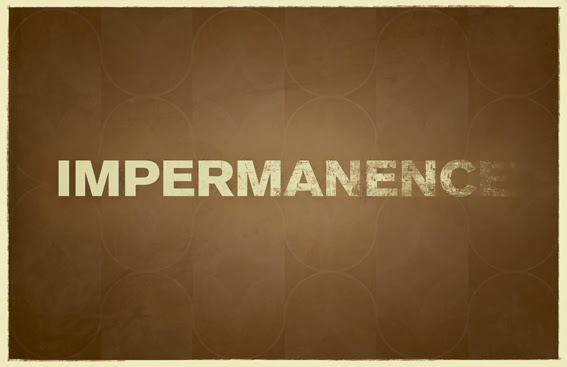There is this
old Jewish tale about king Solomon, it goes like this.
Everything in
the old kingdom was going smoothly and everything was quiet, too quiet king
Solomon thought. Idle hands look for trouble so to spice things up he called
his most trusted friend, advisor and vizier
to the kingdom and said:
-
I heard about this magical ring that can change
sorrow into joy and a smile into a frown. I want you to find it for me and
bring it.
The vizier took off and for weeks crisscross the kingdom
in search of the ring but with no result.
He returned to the king and told him that such ring did
not exist.
The king faked
an upset temper and told the vizier he did not look hard enough. So the vizier
took off again and this time vow to
himself that will not return without the ring.
Years went by,
the vizier traveled all over the globe and still couldn’t find the ring.
At the same time the king grew sadder every day thinking
how foolish his request was and that he will not see his best friend ever.
One day in a faraway land the vizier stopped for
the night at a blacksmith house and talking to the blacksmith told him about
the ring story. The blacksmith laughed and told the vizier that he has the
magic ring and in the morning it will give it to him.
Then he went to his shop and fashion a copper ring and
inside the ring he inscribed some words.
In the morning the blacksmith presented the ring to the
vizier and told him that the magic of the ring will be only preserved if nobody
but the king will look at it.
So the vizier took
the ring put it in his purse and set sail back to Jerusalem.
When the king
found out of the return of the vizier his hart filled with joy. Finally his
best friend and adviser has returned. He rushed to embrace him and shade tears
of joy. But when he thought that his joy couldn’t be more complete the vizier
told him that he had found the magical ring.
The king took
the ring and read the inscription inside it, it said:
“THIS TOO SHALL
PASS” and his smile turned into a frown.
One of the
biggest problems we face as humans is the impermanence of the world we live in
and our own mortality. I remember when my daughter was born, now she is ready
to go to college. It hurts to think that
my little girl is gone and at the same time it fills me with excitement seeing
her turning into a young woman. Of
course I wish I could stop or turn back time but I know that is not possible.
And even if I could I know she wouldn’t like it. She wants to grow up, to leave
school behind and be independent – I hardly wait for her to find out about
paying the bills and doing the taxes J
So we humans are
funny that way: We want the cake and eat it too. We want things to grow, evolve
get better but at the same time we hate change when it doesn’t go our way.
Change is inevitable and as every cloud has a silver lining
also every joy has build in it the potential for sorrow. Every beginning has an
end, every disaster hides new opportunities, every up has a down and every gain
a loss.
I have learned to accept the inevitability of change and
instead of fighting it I have learned to look forward at the new things, the
new adventures that awaits in my life. Right now I am contemplating my
retirement years – FREEDOM! Of course you my say but what are you contemplating
after that?
Death. The greatest of all human adventures. Trust me you
haven’t experienced nothing yet!


















